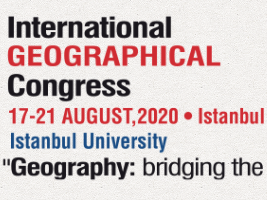Call for proposals on Sustainability Education (Session at 34th Geographical Congress in Istanbul 17-21 August 2020)
03 December 2019 | From our Members

Prof Kangur, Tallinn University, invites the UNICA Network to propose papers and posters on any theme or topic associated with geography and geography information which gives answers to the question how geographical education responds to societal needs and contribute to the world around us.
The session on sustainable education (or “Glocalization”, as Prof Kangur calls it) takes place at the 34th Geographical Congress in Istanbul 17-21 August 2020.The main idea of this session is to share ideas how to make the global issues, like climate change or loss of biodiversity, more meaningful in local scale to evoke people to take responsibility.
Abstract of the session: “The global threats for humanity, the unfair distribution of resources and ensuing conflicts, and the impacts of climate change, mass-extinction of species, soil degradation and other environmental hazards are characterised as complex issues. Coping with these global issues requires understanding of their roots, connections, potential solutions, and responsibilities. The coping is more difficult since the solutions for global challenges are basing on local actions and results are often unnoticeable and also unpredictable and they are therefore considered to have minor importance. Geography is one of the few subjects in our education system and curricula that explain and describe the understanding of global processes in systemic way. Therefore, teaching geography is a great opportunity to help learners to develop their knowledge, motivation, and general competences to become implementers of global challenges locally. The current session aims to focus on presentations about methods and teaching techniques that help to make global challenges meaningful for students, help them to make their personal behavior more environmentally friendly, raising awareness and developing the general competencies they need to act locally. Additionally, examples of collaboration between educational institutions (formal and nonformal) and local communities, solutions for sustainable development (e.g. UN Sustainable Development Goals) through education to improve the living environment of local communities, contribution sustainable development goals, are welcome.”
Please contact Mihkel Kangur for more information on the session about sustainability education.
More about the congress: https://www.igc2020.org/
The submission of abstracts is open: https://www.igc2020.org/en/ABSTRACT-SUBMISSION.html


 Co-funded by the European Union. Views and opinions expressed are however those of the authors only and do not necessarily reflect those of the European Union or the European Education and Culture Executive Agency (EACEA). Neither the European Union nor the granting authority can be held responsible for them.
Co-funded by the European Union. Views and opinions expressed are however those of the authors only and do not necessarily reflect those of the European Union or the European Education and Culture Executive Agency (EACEA). Neither the European Union nor the granting authority can be held responsible for them.